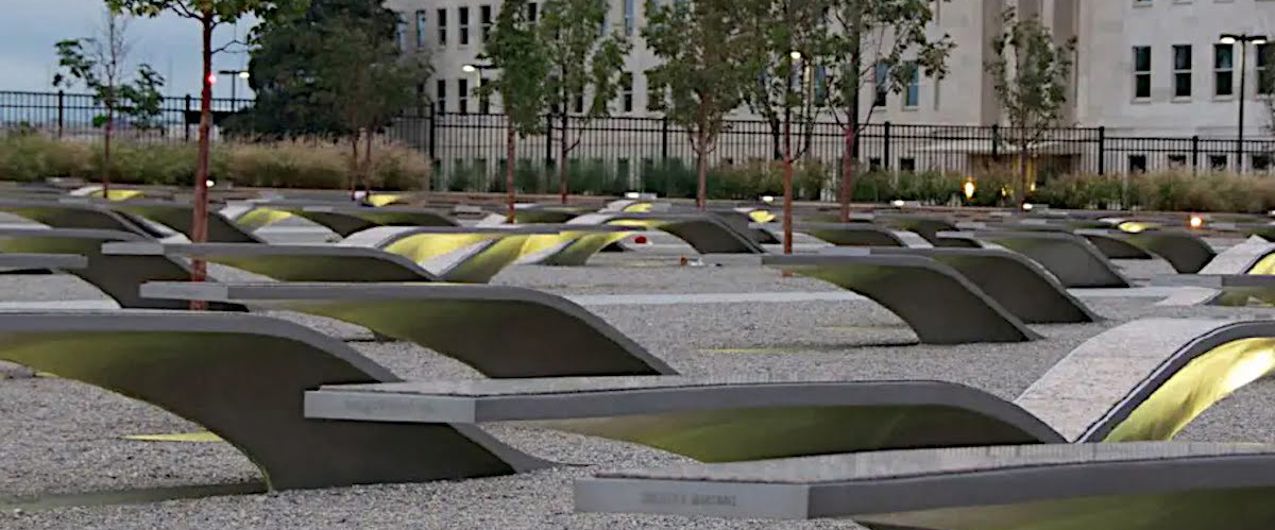Permeable pavements are responsible for effective stormwater management, improving water quality, mitigating urban heat island effect, creating an aesthetic pleasing property and more. When it comes to choosing the right paving option for your project, several factors need to be considered.
While the cost of the paving material is a significant aspect but so is its longevity and maintenance. If all these factors are not evaluated, a paving can prove to be more expensive. So, which permeable paving option can add more value to a project? Let’s dig deeper.
Porous paving is cost efficient and has minimal maintenance requirements
Porous pavers such as Grasspave2 and Gravelpave2 from Invisible Structures are also permeable solutions designed to allow water to pass through the surface into a stone or gravel base below.
Cost: Material costs for porous paving typically range from $2 to $5 per square foot, depending on the type of material and design complexity.
Installation: Installation costs for porous paving depend on the type of material, labor, and site preparation. On average, expect to pay around $3 to $8 per square foot for installation.
Maintenance: The most significant cost advantage of porous paving lies in its minimal maintenance requirements. Occasional vacuuming and power washing to remove debris is usually sufficient. These costs are minimal compared to the long-term maintenance needed for concrete and asphalt surfaces. Routine maintenance, such as vacuuming and power washing to remove debris, typically costs between $100 to $500 per year.
Traditional concrete tends to be more expensive at every stage
Cost: Traditional concrete costs approximately $3 to $10 per square foot. In addition to the higher cost relative to porous paving options, the long-term costs can be significantly higher due to maintenance and potential issues with cracking and shifting.
Installation: Concrete installation can range from $6 to $12 per square foot. This is due to the labor-intensive process and the need for concrete forms, which can be expensive.
Maintenance: Over time, concrete surfaces may crack or spall, necessitating costly repairs. Routine sealing is also required to prevent staining and deterioration, leading to higher maintenance costs. On average, expect to spend approximately $500 to $1,000 per year on concrete maintenance. Additionally, the routine sealing required to prevent staining and deterioration can cost around $300 to $700 every 2-3 years, adding to the overall maintenance expenses.
Asphalt has long-term maintenance requirements that drive up costs
Cost: Asphalt is generally priced at $2 to $5 per square foot. However, asphalt is prone to deterioration over time, leading to resurfacing or replacement costs.
Installation: Asphalt installation generally falls within the same range as porous paving, around $3 to $8 per square foot. However, it’s important to consider that asphalt surfaces require more frequent maintenance and may need resurfacing, adding to long-term costs.
Maintenance: Regular resealing and patching are essential for asphalt surfaces, in addition to the eventual need for resurfacing or replacement. These maintenance expenses can add up significantly, but relatively maintenance free to concrete. Porous asphalt requires more maintenance than regular porous paving, as it also requires vacuuming
Making a smarter choice
In the grand scheme of things, porous paving proves to be a cost-effective choice in terms of value when compared to traditional paving options like concrete and asphalt. While the initial product and installation costs may be slightly higher, the long-term savings and environmental benefits outweigh the initial investment.
For more information about the country’s #1 Porous Paving Systems Since 1982, see our Gravelpave2 or Grasspave2 pages.
